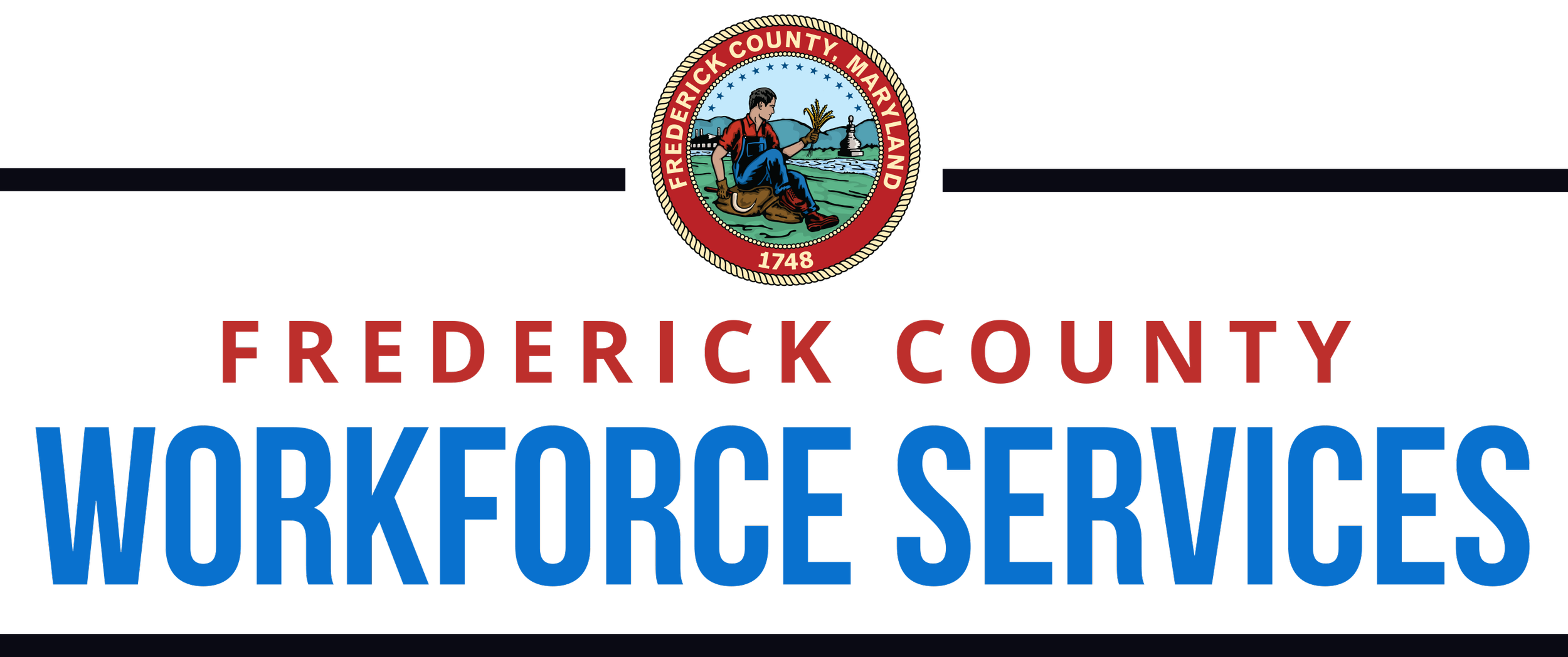Five Strategies to Reduce Stigma in a Recovery-Friendly Workplace
By Diana Campbell, Program Specialist, Resilient Frederick County, Employment & Training Services Team
A recovery-friendly workplace not only supports employees on their healing journeys but also strengthens organizational culture, productivity, and retention. Yet stigma remains one of the greatest barriers for individuals living in or seeking recovery from substance use disorder and mental health conditions. By intentionally addressing stigma, employers can create an environment that fosters trust, inclusion, loyalty, and long-term success.
1. Provide Comprehensive Education
Offer evidence-based training to managers and staff on substance use disorders, recovery, and mental health. Framing addiction as a medical condition—rather than a moral failing—helps reduce misconceptions and equips employees with the knowledge to respond appropriately and compassionately.
2. Review and Revise Policies
Audit workplace policies, employee handbooks, and communications to ensure language is supportive and non-punitive. Policies should reflect a clear commitment to recovery, wellness, and inclusivity, signaling that the organization values its employees’ health and growth.
3. Normalize Conversations on Recovery
Encourage leadership and management to foster open, respectful dialogue around recovery and mental health. Regular communication—through team meetings, newsletters, or wellness initiatives—can help reduce silence and fear, making it easier for employees to seek support.
4. Highlight Positive Examples
Sharing recovery success stories, whether internally or through external initiatives, can help shift workplace culture. By showcasing resilience and professional achievement, organizations emphasize that recovery is not only possible but often leads to stronger leadership and greater contributions.
5. Expand Recovery-Friendly Benefits
Beyond standard healthcare coverage, organizations can demonstrate commitment by offering Employee Assistance Programs (EAPs), peer support networks, or flexible scheduling for treatment and recovery-related needs. These benefits not only reduce stigma but also promote employee loyalty and engagement.
Reducing stigma is essential for building a truly recovery-friendly workplace. Through education, supportive policies, open communication, and meaningful benefits, organizations can cultivate a culture where employees in recovery feel respected, valued, and empowered to thrive.
Join us for two upcoming workshops on October 28th to learn more about building a recovery-friendly workplace, and how to reduce stigma at work.
Recovery is Good Business: Orientation Workshop | 9 am - 10:30 am
Join this interactive workshop to learn the steps necessary to transform your workplace into a recovery-friendly environment and empower your business with strategies for cost savings and foster a supportive, inclusive culture! Learn more and register for the Recovery is Good Business: Orientation Workshop.
Stigma & Behavioral Health: Recovery at Work | 10:30 am - 12 pm
What is stigma? How does it play out at work? And what are the benefits of making workplaces more recovery-friendly? This workshop explores these questions and provides helpful resources.
Support is needed for mental health and substance use issues, especially at work. Stigma is the biggest barrier to recovery from behavioral health challenges, and a key contributor to harmful workplace policies and behaviors that result in loss of money, productivity, and employee retention. Addressing stigma at work costs less in dollars and stress.
Join us to learn how to combat stigma at your workplace and leave with a toolkit of local mental health and recovery resources, and peer support options for your employees. Learn more and register for Stigma & Behavioral Health: Recovery at Work.
Brought to you by The Anti-Stigma Project, On Our Own of Maryland, Inc.
